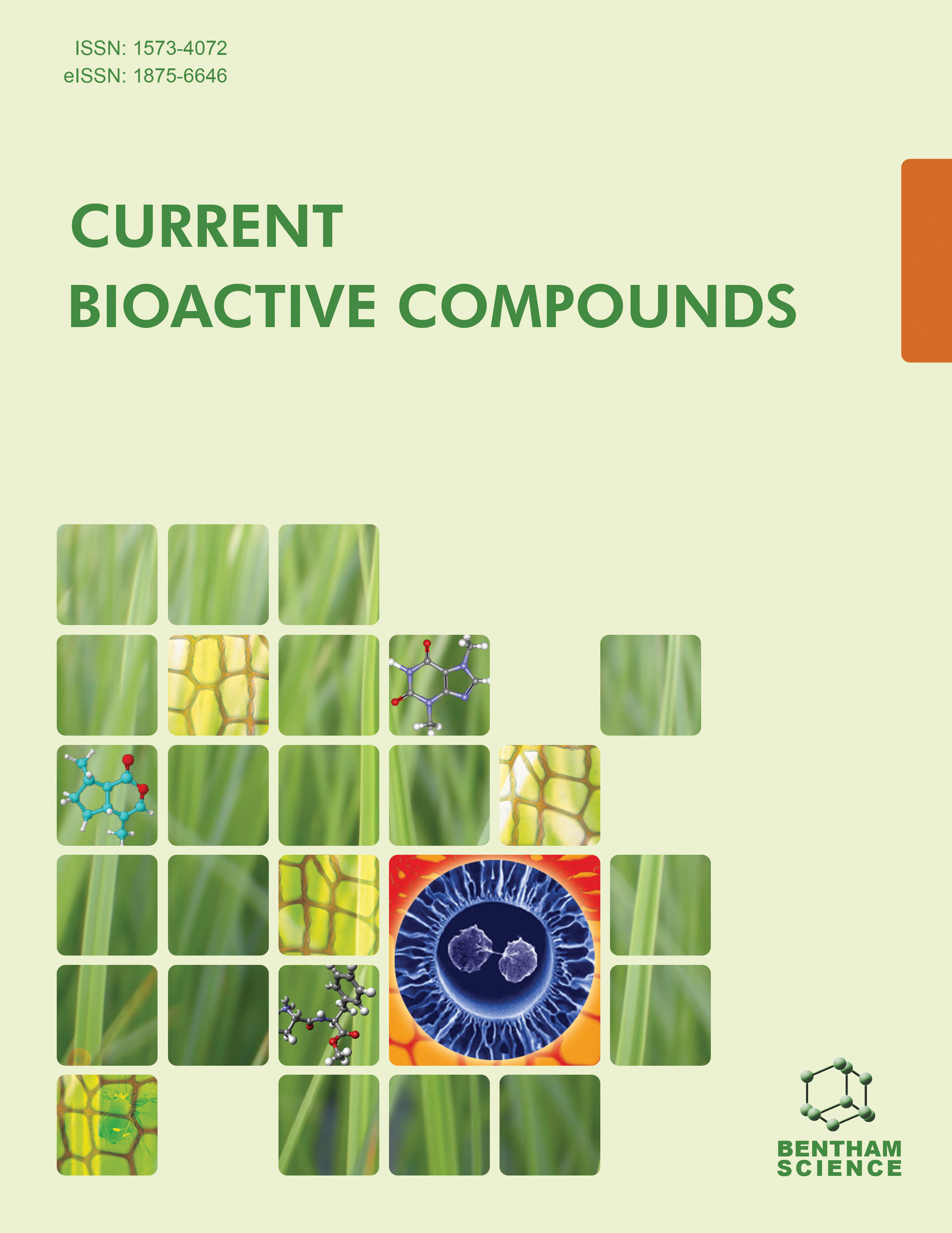
Full text loading...
Curry leaf, or Murraya koenigii, is the popular name for a tiny tropical tree in the Rutaceae family. Its fragrant leaves, a mainstay of Indian cooking, have led to its widespread cultivation in tropical and subtropical areas. Murraya koenigii has important therapeutic qualities and has been used for a long time in Ayurvedic medicine to treat a variety of illnesses.
The main goal of this work is to identify the bioactive compounds of Murraya koenigii for the treatment of inflammation and pain management.
To provide a comprehensive analysis of Murraya koenigii as a source of bioactive compounds for the management of inflammation and pain.
A comprehensive literature review was conducted using databases such as PubMed, Scopus, and Web of Science. The studies were selected based on the robustness of their phytochemical analyses, focusing on bioactive compounds with documented anti-inflammatory properties.
Curry leaf (Murraya koenigii) has gained attention for its bioactive compounds with potent analgesic and anti-inflammatory properties. Its alkaloids, flavonoids, and phenolic compounds effectively inhibit pro-inflammatory cytokines and key enzymes such as COX-2 and iNOS, reducing inflammation and pain.
Murraya koenigii's anti-inflammatory and analgesic qualities make it a promising medicinal agent. Subsequent investigations have to focus on the isolation and characterization of certain bioactive substances, comprehend their mechanisms of action, and assess their safety and efficiency in clinical trials. Incorporating Murraya koenigii into conventional medicine may improve patient outcomes and provide effective treatment options for individuals with inflammation- and pain-related disorders.

Article metrics loading...

Full text loading...
References


Data & Media loading...

